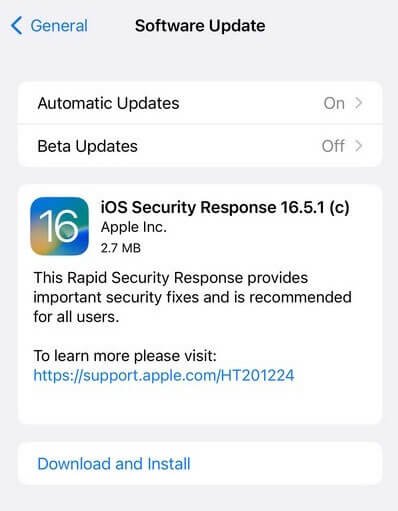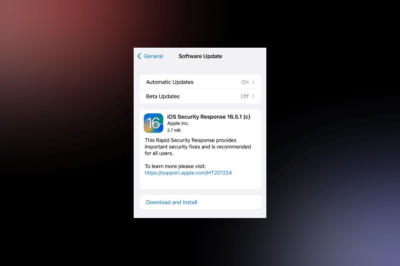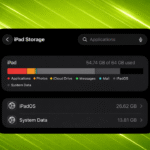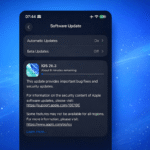Apple reaffirmed just released its latest Rapid Security Response (RSR) update: iOS 16.5.1 and macOS Ventura 13.4.1.
RSR updates, designed to be non-intrusive, allow Apple to swiftly deliver security patches to its hardware without necessitating immediate user interaction or disruptive device reboots. However, the initial deployment hit an unexpected snag.
The first patch, while addressing a known security flaw in iPhone, iPad, and Mac devices, inadvertently impaired certain website load functionalities. Reacting swiftly, Apple paused the update’s distribution and provided guidance to affected users on how to remove the RSR update and restore full web functionality.
The revised update, labeled 16.5.1 (c), is a testament to Apple’s swift response. Created specifically to address the previously identified security flaw, it does so without interfering with the loading of websites, delivering a seamless user experience alongside enhanced security.

In a nutshell, RSRs empower Apple to apply frequent security fixes without necessitating a full software update. These updates, which can require a device restart when involving the operating system, are incorporated into minor subsequent updates and applied to preboot volumes on Macs. Interestingly, while RSRs aren’t bound by managed software update delays, they do apply only to the most recent minor operating system version. So if this minor update is postponed, the RSR’s application gets effectively delayed as well.
On a final note, when applying an RSR to a Mac notebook, ensure the device is connected to power or meets the minimum battery requirements to avoid disruptions.With the 16.5.1 (c) version for iPhone, Apple ensures security stays up-to-date.





























